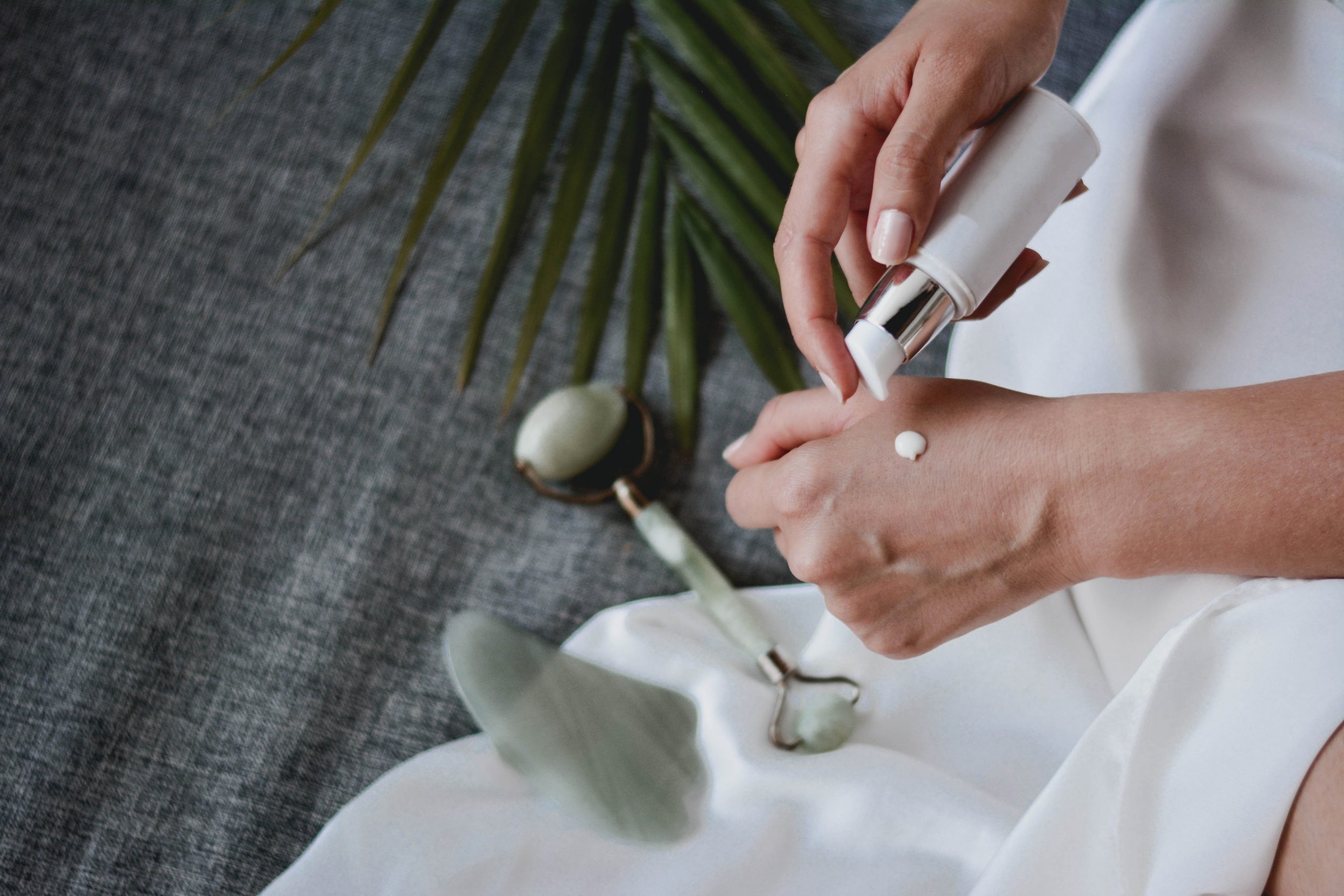
Life&Style Editor Adrienne Bailey discusses Tiktok’s impact on wellness, addressing the possible dangers that come from commodifying wellness
According to TikTok, there are endless self-care activities that we all must be doing all of the time. It is impossible to keep up with the ever expanding list of things we should do in order to reach maximum wellbeing: Gua Sha, waking up at 5am, drinking a chia seed and water concoction on an empty stomach for optimum gut health. The bombardment only seems to have gotten worse with the introduction of the TikTok shop tab.
It has become explicitly clear that my tailored algorithm knows me a little too well, as it suggests products it knows I would be interested in based on my app activity. The shopping suggestions are most often delivered by video of someone telling me why I absolutely need this particular skincare serum, and usually one of the reasons is that it is currently 75% of its regular retail price if I buy it right now.
The problem is that the wellness trends presented to me by my For You Page range from fun and benign to ill-informed and dangerous. For the average user, it can be difficult to tell the good from the bad, especially because our algorithms show us exactly what we want to see. The TikTok algorithm was designed to keep you scrolling, and now also to keep you spending.
“The wellness trends…range from fun and benign to ill-informed and dangerous
The wellness industry really took off as the pandemic brought health into the public consciousness in a new way, but when wellness products and practices are commodified the risk is usually to our bodies and the results can be lasting.
Skincare was particularly popular on my corner of the internet, with many social media users embarking on Project Lockdown Glow-Up. However, due to the huge influx of anecdotal advice, I saw several stories of people who had paid for the privilege of seriously damaging their skin barrier by layering products that are not safe to use together.
A canon event perhaps, as I also spent most of the first lockdown repairing my own skin barrier after being a bit too liberal with my new, internet obtained, skincare expertise. I thought I was safe as I had sought my advice from qualified estheticians-turned-content-creators, but even then, their general advice was too broad to address my specific skincare needs and I did not get the results that I wanted.
In 2018, Kim Kardashian came under fire for promoting appetite suppressant lollipops. At the time, this prompted criticism of influencer culture at large as audiences became more aware of the problems with taking advice indiscriminately from public figures. We became aware that it is the job of an influencer to sell us things by convincing us we can be just like them if we use the products they use. But when recommendations come from elsewhere we do not carry the same amount of scepticism.
“Their general advice was too broad to address my specific skincare needs
When these messages are coming from professionals or ordinary social media users who do not quite fit the ‘influencer mould’, we might be more likely to trust that they are not dishing out advice purely for personal financial gain. This is despite the fact that anyone can monetise potentially dangerous content on TikTok. The familiarity that TikTok has curated between its creators and their viewers through such clever algorithms makes it increasingly more difficult to spot when we are being given bad advice.
Many TikTok users praise the platform for providing space for people to talk about their experiences and spreading awareness. While regulated health and wellness services and advice become ever more difficult to access, it makes sense that people would turn to websites like TikTok for quick answers to their problems, and amongst the misinformation there can be valuable insights.
I will admit that I have learnt a surprising amount about myself and my body via TikTok, things that have resulted in meaningful conversations with doctors and solved years-long puzzles about strange or debilitating symptoms. Even more surprisingly, it was TikTok advice that has helped me build self-care practices that have genuinely made my life better.
Used properly, social knowledge about wellness can be good, and there can be positives drawn out from the overwhelming amount of information available online. As consumers, we just have to be diligent and discerning when it comes to the information we give credence to.
Read more from Life&Style here:
The Summer of Celebrity Divorce: What Does Our Fixation on Celebrity Divorce Say About Ourselves?
A Feminist Analysis of ‘Girl Math’
Victoria’s Secret Re-imagined: What can we expect from the return of their infamous fashion show?
Comments